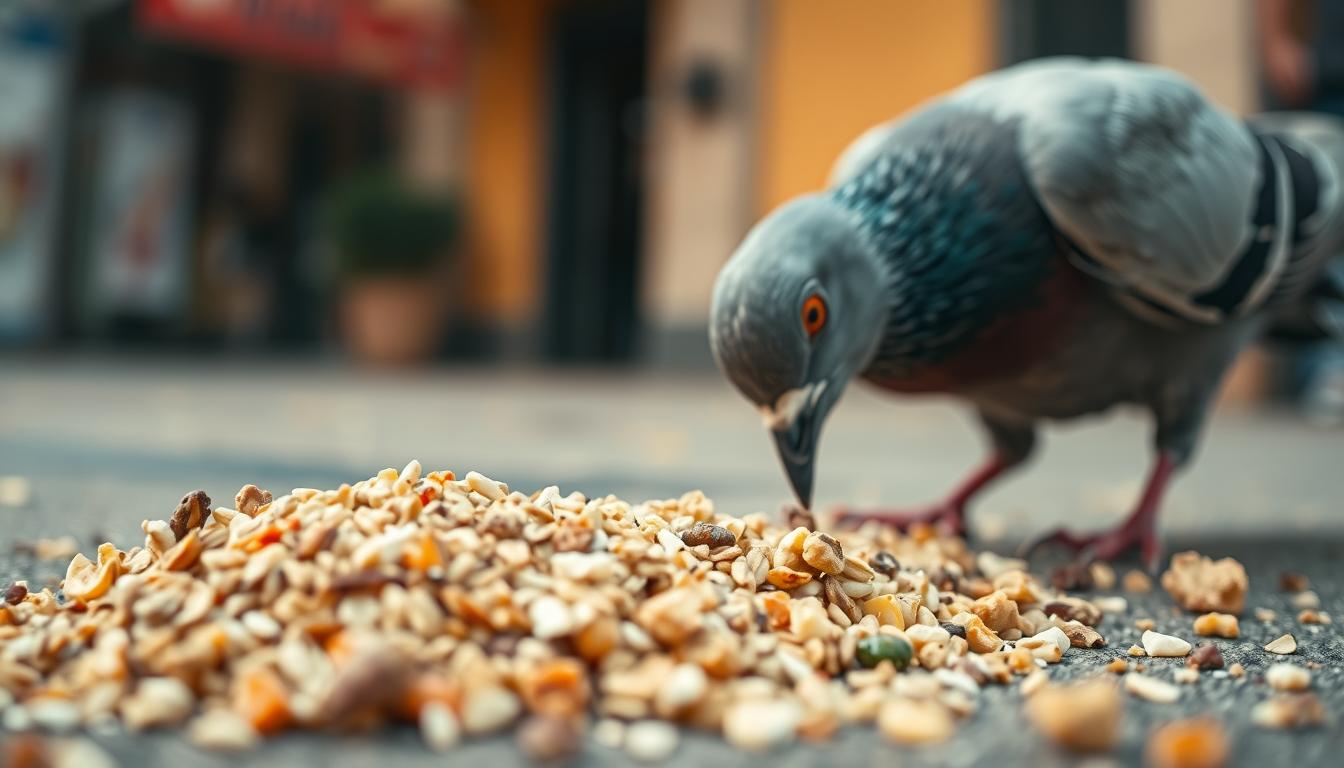Table of Contents
Introduction
When it comes to feeding your dog bacon, there’s a lot you need to know. This article dives into the pros, cons, health risks, and smarter alternatives to that crispy, salty delight. Spoiling your dog is fun, but your pet’s health is worth considering before you give in to those puppy-dog eyes.
Can Dogs Eat Bacon? Understanding the Basics
So, can dogs eat bacon at all? The short answer: Yes, but only sparingly, and even then, it’s not the best choice for your pup. Bacon is high in both fat and sodium, which can have serious health consequences for your dog if consumed regularly.
The Occasional Treat vs. Daily Habit
Giving your dog a small piece of bacon once in a blue moon probably won’t spell disaster. However, making it a regular part of their diet is a different story. Bacon isn’t inherently toxic to dogs, but its high fat and salt content create significant risks. Dogs have different nutritional needs compared to humans, and what’s a tasty treat for you can lead to major complications for them.
What Makes Bacon a Bad Choice?
- High Fat Content: Dogs’ bodies aren’t designed to process large amounts of fat, making bacon a danger to their pancreas.
- High Sodium Levels: Too much salt can trigger sodium poisoning, causing symptoms that range from bloating to seizures.
The Risks of Dogs Eating Bacon
Now that we’ve covered the basics, let’s dig into the potential dangers. Understanding these risks can help you make an informed decision next time your dog looks up at you with those pleading eyes.
Health Problems Caused by Bacon
1. Pancreatitis
When your dog consumes a fatty meal, like bacon, it puts an enormous strain on their pancreas. This organ isn’t built to handle such a high-fat load, leading to a condition known as pancreatitis. Dogs suffering from pancreatitis experience symptoms such as vomiting, abdominal pain, and lethargy. In severe cases, this condition can be life-threatening and requires immediate medical attention.
- Signs of Pancreatitis:
- Vomiting
- Loss of appetite
- Abdominal pain (evident when your dog tenses up or curls into a ball)
- Lethargy
If you ever notice these symptoms, don’t hesitate—call your vet. Pancreatitis is serious, and prompt intervention can make a world of difference.
2. Obesity and Heart Issues
Obesity in dogs is a growing problem, and high-fat foods like bacon only contribute to this epidemic. Carrying extra weight puts stress on your dog’s heart, joints, and internal organs. Not to mention, obesity significantly shortens your pet’s lifespan.
- Consequences of Obesity:
- Increased risk of diabetes
- Joint problems and arthritis
- Difficulty breathing and reduced stamina
3. Sodium Poisoning
High levels of salt can lead to sodium ion poisoning. Dogs who consume too much salt may show symptoms like excessive thirst, vomiting, diarrhea, and even seizures. In the worst cases, sodium poisoning can be fatal.
- Warning Signs to Watch For:
- Excessive thirst or urination
- Vomiting
- Diarrhea
- Seizures or tremors
Quick Fact: The safe daily sodium intake for dogs is much lower than you might think. Even a few strips of bacon can push your pet dangerously close to toxic levels.
What to Do If Your Dog Eats Bacon
Accidents happen. Maybe your dog got into the trash or swiped a piece off the counter. Here’s what you should do if your dog eats bacon unexpectedly.
Assessing the Situation
First, don’t panic. watch your dog carefully for any signs of discomfort. Did they eat a small piece or a large amount? If it’s the former, keep a close eye on them and watch for any symptoms like vomiting, diarrhea, or lethargy.
Stay Calm and Collected
- Small Amounts: If your dog ate a small piece of bacon, they might be just fine. Monitor them for 24 hours.
- Large Amounts: Eating several strips or a whole plate of bacon is another story. Watch for severe symptoms and act fast if you notice anything concerning.
When to Call the Vet
Certain symptoms indicate a serious reaction and warrant immediate veterinary attention. If your dog starts showing signs of pancreatitis or sodium poisoning, it’s time to call the vet.
- When to Seek Help:
- Vomiting or diarrhea that doesn’t stop
- Trembling or seizures
- Extreme lethargy
- Bloating or signs of abdominal pain
Healthier Alternatives to Bacon for Dogs
Spoiling your pup doesn’t mean compromising their health. Luckily, there are plenty of dog-safe treats that are just as delicious (and way more nutritious) than bacon.
Safe Treats Dogs Love
- Plain Cooked Chicken: Dogs adore chicken, and it’s a healthy, high-protein option.
- Turkey: Lean turkey is another fantastic choice for a protein-packed treat.
- Vegetables: Surprisingly, many dogs enjoy raw veggies like carrots, green beans, or cucumber slices. These make for low-calorie snacks that are rich in vitamins.
Simple Rule: If it’s safe, plain, and unseasoned, your dog will probably love it. Avoid adding salt, butter, or oil to any homemade dog snacks.
Homemade Treat Recipes
Want to get creative in the kitchen? Here’s a simple recipe for a dog-safe “bacon” alternative:
- Ingredients:
- Sweet potato
- Coconut oil
- Instructions:
- Slice the sweet potato thinly and coat it lightly with coconut oil.
- Bake at 250°F (120°C) until crispy, flipping halfway through.
- Your dog will love this healthy, crunchy alternative!
Frequently Asked Questions About Dogs and Bacon
1. Can dogs eat cooked bacon?
Yes, but only in very small amounts and very rarely. Cooked bacon is still high in fat and salt, making it far from an ideal treat.
2. How much bacon can a dog eat?
Ideally, none. If you must give bacon as a treat, one or two small bites are the maximum amount a medium-sized dog should have. Small dogs should get even less.
3. Is raw bacon safe for dogs?
No, raw bacon carries the risk of bacteria and parasites. It’s not safe for dogs and should be avoided entirely.
4. What should I do if my dog accidentally eats a lot of bacon?
Monitor your dog for any signs of distress. If they show symptoms like vomiting, seizures, or excessive thirst, contact your veterinarian immediately.
Conclusion
Feeding your dog bacon might seem harmless, but the risks are more severe than they appear. From pancreatitis to sodium poisoning, bacon can lead to dangerous health complications. Instead of giving in to those pleading eyes, opt for healthier alternatives that your dog will still love. Remember, a happy dog is a healthy dog.
Call to Action: If you found this article helpful, share it with fellow dog owners who might benefit from this important information. Your dog’s health is worth every precaution—spread the word and keep our furry friends safe!




